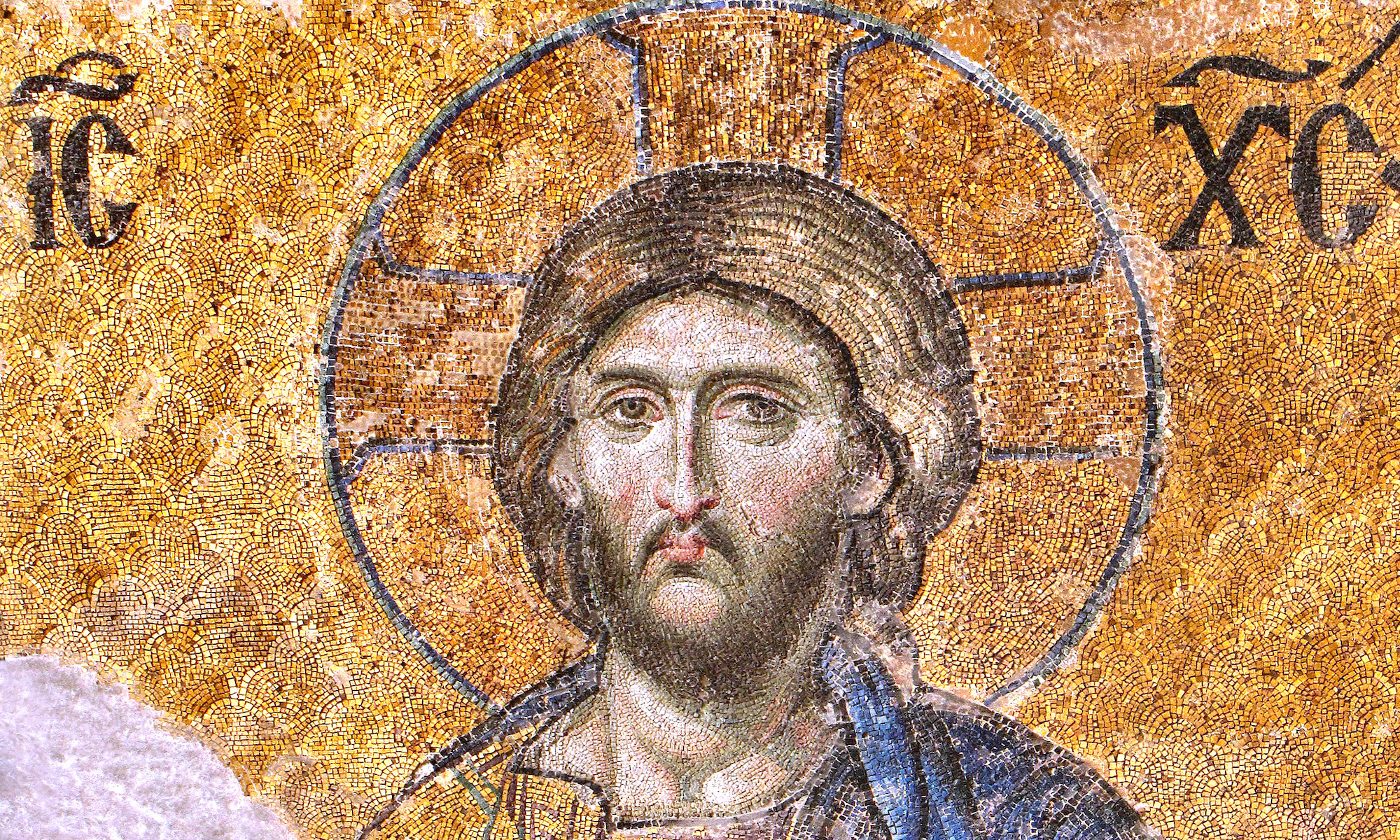Anyone who has been around St. John’s for any length of time will have heard me quote my favourite Desert Father’s story – the one about the old, holy monk whose disciples were gathered around him eagerly awaiting his last words before he departs to go to be with his Lord. His last words, after a lifetime spent in repentance, are, of course, “I have not yet begun to repent.” Sound discouraging? And yet, this is precisely what the discipline of Lent – and the full service of the Great Canon of St. Andrew of Crete, joined to the life of St. Mary of Egypt, which we are about to celebrate here in the depths of Great Lent – enjoins us to do.
We begin our Christian life with repentance – with “metanoia”, the change of mind that is to characterize us as Christians. In repenting, we recognize that we are not what we were made to be – that we have fallen short of the glory of God which we were created to dwell in – and we resolve, with God’s help, to set aside the sin that so easily besets us and to run the race focussed, like Christ, on the joy that is set before us. And then what we find is that we have to continue to choose exactly the same thing, day in and day out – breath by laboured breath, we find we need to set aside the same sins as we set aside with the previous breath; we find ourselves turning aside from exactly the same sins that distracted us the last time we ran this same lap; the race of repentance seems to be the Grouse Grind of painfully laboured marathons!
And yet, somehow or other we find, in God’s mercy, that we reach the end. Not the ultimate End yet, perhaps, but the blessed joy of Pascha, which seems every year to spring at us out of the darkness like one of those unlooked-for blessings: a joyous relief and release which brings us the promise of the Resurrection. For even as we continue in the discipline of repentance that we started with, we find ourselves blessed with the forgiveness that we so long for and the divine Reconciliation that we so desperately need. “If we confess our sins, He is faithful and just to forgive us our sins and to cleanse us from all unrighteousness.”
Let us persevere, then, brothers and sisters, in the discipline of repentance, that we may once again be blessed, together, with the joy-unlooked-for of the divine forgiveness of the Resurrection!
